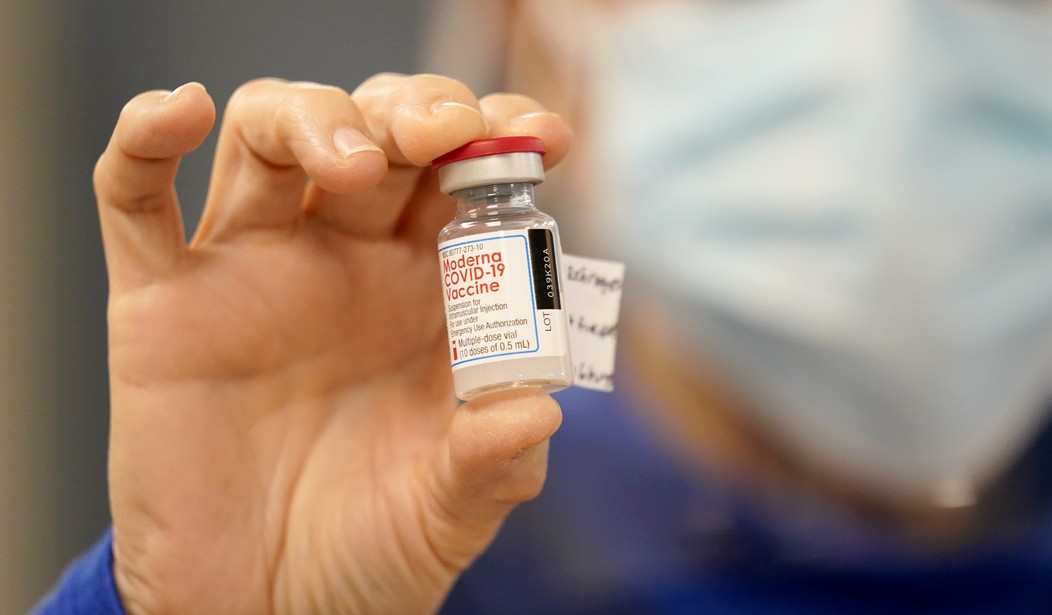There has been some very good news this week about the prospects of returning back to normal from the COVID pandemic earlier than thought. The first ray of sunshine is that herd immunity may be just weeks away in the United States.
This morning comes news that one of the reasons we are speeding toward herd immunity is that the various COVID vaccines are providing enough protection with just one dose.
Covid-19 survivors who have gotten a first dose of Covid-19 vaccine are generating immune responses that might render a second shot unnecessary, potentially freeing up limited vaccine supply for more people, several new research papers suggest.
The research, while preliminary, found that the previously infected people generated protection against the disease quickly and at dramatically higher levels after a first shot of the current two-shot regimens when compared with people who were vaccinated but hadn’t been sick.
“Everyone should get vaccinated. Not everybody needs two shots,” said Viviana Simon, a professor of microbiology at New York’s Icahn School of Medicine at Mount Sinai and an author on one study. “As long as we can’t deliver as much vaccine to everybody who wants it, I think it’s an important consideration.”
This is important news which, if it holds up under more study and scrutiny, would help offset the bumpy vaccination rollouts many countries seem to have faced over the last few weeks.
Giving just one dose means health officials could redeploy excess doses to more people and speed the reach of vaccinations, which vaccine experts and health authorities say is crucial as new forms of the virus increase transmission. Limited initial supply has contributed to the bumpy rollout of the vaccine and forced governments to favor high-risk individuals ahead of others.
“We need as many people vaccinated as quickly as possible, and this is one of the ways to go about doing that,” said Buddy Creech, director of the Vanderbilt Vaccine Research Program in Nashville, Tenn., who wasn’t involved in the studies. “If we had a significant portion of the population that could get only one vaccine and be done, that really allows us to move even more quickly.”
A new recommended one-dose vaccine regimen would have to be approved by FDA and regulatory bodies around the world.
An FDA spokeswoman said there isn’t enough research to change vaccine administration. Still, the U.S. government has been open to adjusting dosing schedules, and the Centers for Disease Control and Prevention last month allowed second doses to be delayed by several weeks.
But the U.S. hasn’t joined other countries such as the U.K. that delayed second doses to give priority to getting doses to more high-risk groups. The U.K. has cited its own analysis that suggests a single shot in healthy people to be 90% effective after the first dose and before the second dose.
The data from Israel, and a separate study published Friday of the AstraZeneca vaccine, support the idea that inoculation generates a robust immune response after just a single dose.
Only about 1.7 million Americans are being vaccinated daily, per federal figures. Since mid-December, more than 40 million people in the U.S. have received at least one dose, and more than 17 million have been fully vaccinated. Pfizer and Moderna are scheduled to both complete initial 100-million-dose contracts next month. They have agreed to supply a combined 600 million doses by the end of July.
After a year of very bad news on the COVID front, it does seem the scientific sprint of 2020 is leading to hope we can get out of the COVID cloud sooner rather than later.









Join the conversation as a VIP Member